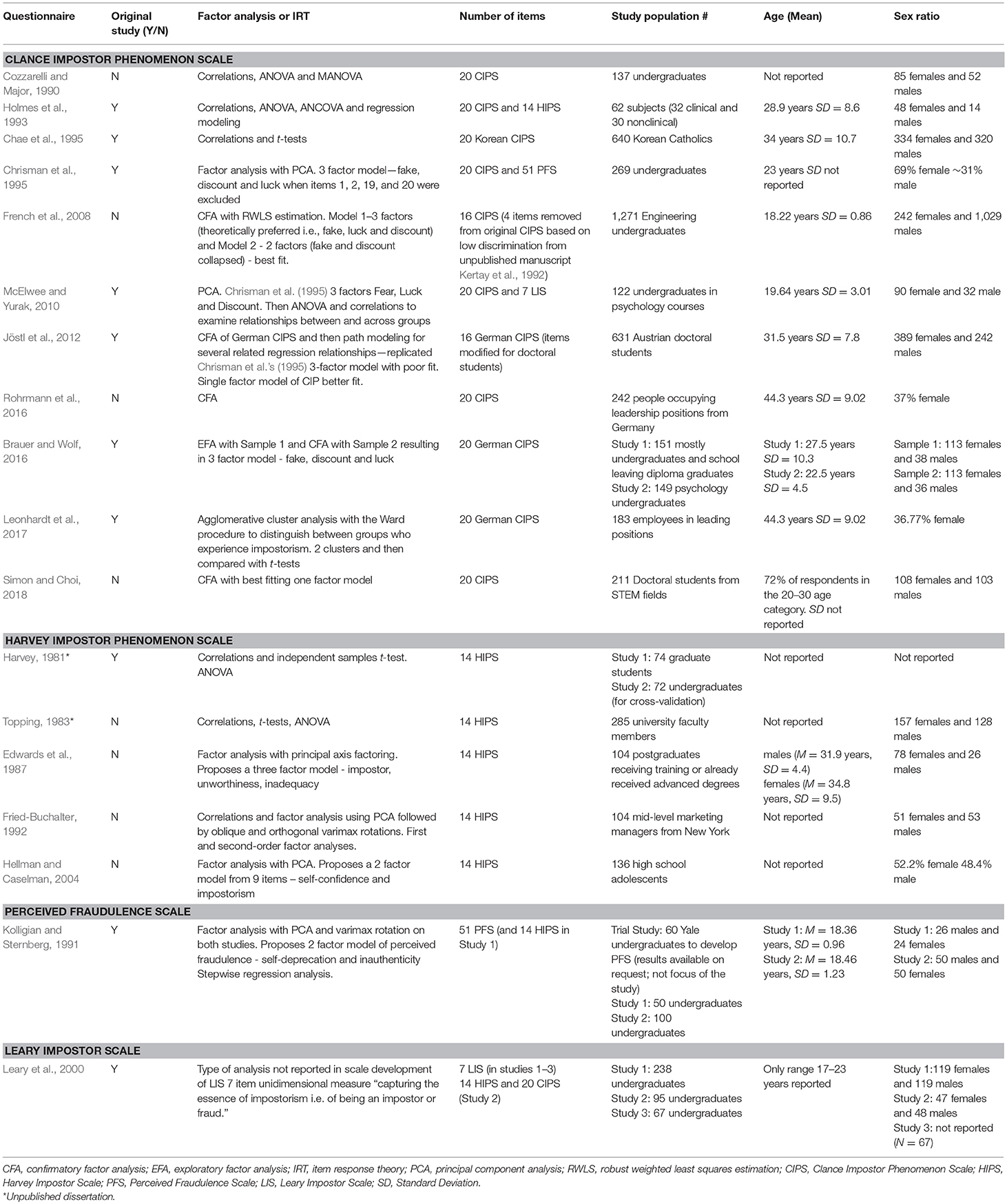The Psychological Mechanisms of Procrastination, Emotional Dependency, and Impostor Syndrome
The Psychological Mechanisms of Procrastination, Emotional Dependency, and Impostor Syndrome
Blog Article
In today's fast-paced world, many individuals struggle with mental and emotional challenges that affect their daily lives. Among these, procrastination, emotional dependency, and impostor syndrome stand out as common issues. But how can we overcome them?
In this guide, we will explore the root causes and strategies to address these three challenges. By understanding their impact and learning to manage them effectively, you can take control of your life.
What is Procrastination?
Procrastination refers to postponing important activities despite knowing their importance. This behavior is frequently linked to emotional or psychological factors, such as anxiety or self-doubt.

When procrastination takes over, it can lead to stress, missed opportunities, and reduced productivity. Overcoming procrastination requires developing procrastinação o que é better habits and creating actionable plans. Consider techniques like the Pomodoro Technique or focusing on time-bound goals to stay on track.
What is Emotional Dependency?
Emotional dependency occurs when an individual relies heavily on others for validation, support, or happiness. Although relationships are fundamental, emotional dependency can become unhealthy when self-esteem is tied solely to others’ approval.

Symptoms often include a fear of rejection, difficulty making decisions independently, and constant seeking of external approval. Breaking free from this pattern, it’s crucial to develop self-awareness and learn to validate yourself internally. Engaging in personal development activities and professional guidance can provide significant support.
What is Impostor Syndrome?
Impostor syndrome is the persistent belief where individuals doubt their accomplishments despite evident success. People with impostor syndrome often attribute their achievements to luck rather than recognizing their talent and hard work.

This mindset can lead to anxiety, self-doubt, and a fear of being “exposed”. Addressing this issue involves challenging self-critical beliefs and celebrating accomplishments. Engaging in supportive discussions and embracing self-compassion can also help you build confidence.
Steps to Overcome Procrastination, Emotional Dependency, and Impostor Syndrome
To navigate these issues, consider the following strategies:
- Create a routine to combat procrastination and set achievable goals.
- Build self-awareness to identify patterns of emotional dependency and work towards independence.
- Practice gratitude to counter impostor syndrome and consider therapy or coaching.
Long-term improvement requires persistence, so keep practicing these methods to see positive changes.
Conclusion: Taking the First Step
These challenges can feel overwhelming, but you can overcome them by taking deliberate action. With awareness and consistent effort, you open the door to personal growth.
Start today by acknowledging where you stand and implementing small but meaningful changes. Always keep in mind: progress is a journey, not a destination.
Report this page